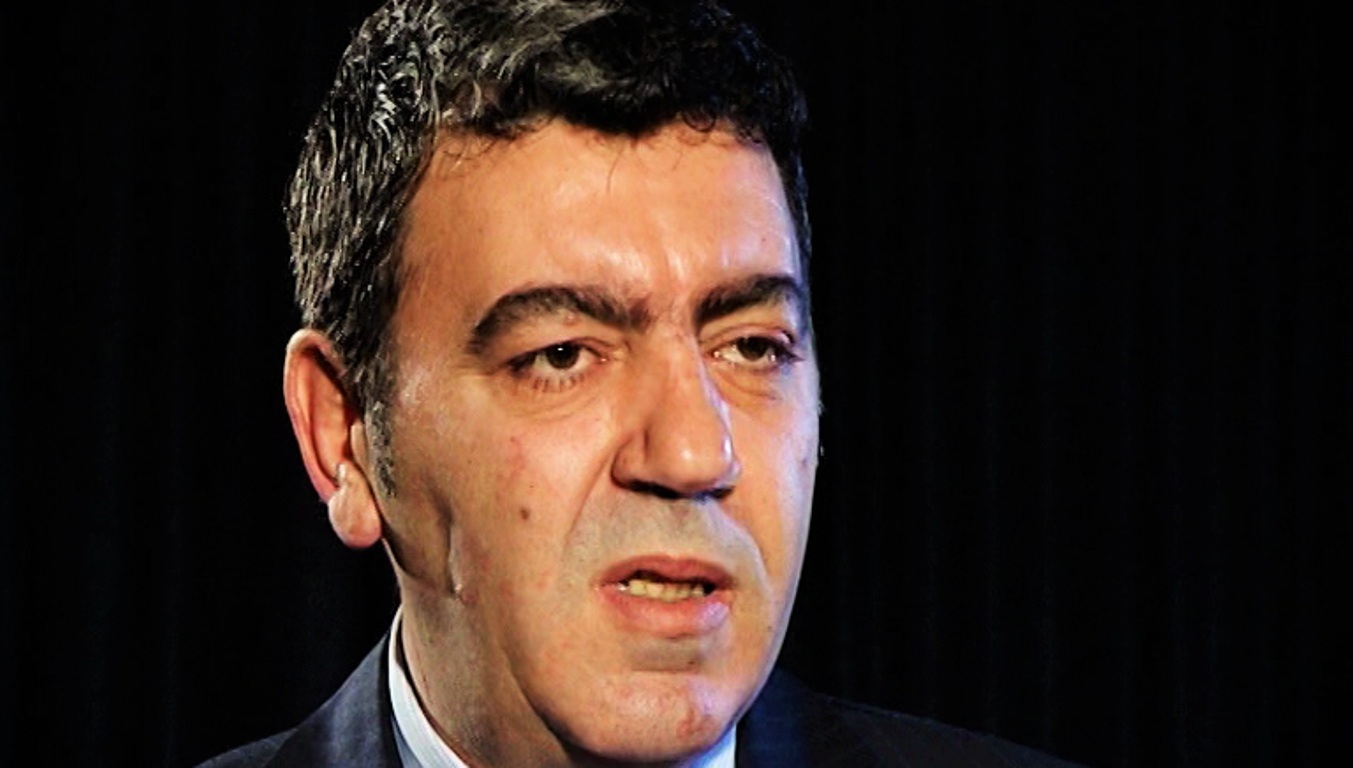
By Plator Nesturi
At the peak of debates over the wiretaps, where both sides of politics are looking to gain at the cost of the other by speaking in the name of the justice system, the director of the intelligent services (SHISH) resigns. This marks the departure of the fifth director of the country’s intelligent services after 26 years since democracy was once again restored in the country. Nevertheless, this departure looks very different to the previous replacements of the heads of the intelligent services, because it didn’t come as a request of the president of Republic or as a result of some parliamentary incentives launched by the majority to replace him with its own trusted man. It’s not even a resignation for health reasons. The media simply announced that Visho Ajazi resigned as director of SHISH.
The resignation of the head of the most mysterious institution in Albania is surrounded by mystery. It’s not a secret that Ajazi has not been in Rama’s good books. On the contrary, the socialist majority has already made previous attempts to replace the head of SHISH, who was seen as an instrument still in the hands of former PM Sali Berisha.
Nonetheless, the head of SHISH received a medal from the PM and after his resignation, Rama thanked him for the contribution that he has given while working at the institution that he chaired. What caused this sudden resignation? Given the restricted information that surrounds the institution, once again it looks like the motives are political. Regardless of how cold or hostile the relations between the Prime Minister and the head of intelligent services are, the discharge and the appointment of the successor fall under the President’s powers. They have acted as a shield for the heads of intelligent services throughout the years, every time the heads of the majority decided to retaliate against intelligent services. This was the case with former director Fatos Klosi, when president Meidani protected him from Nanos’ attacks or when president Bamir Topi acted as a barricade for Prime Minister Berisha’s attempts to remove Shaqiri as head of SHISH.
Former president Nishani also acted as a barricade for the majority’s attacks against Visho Ajazi. Even when president Ilir Meta was elected a few months ago, the media started to hint about the fact that Visho Ajazi had received assurances that he would not be bothered under the new president in office. Nonetheless, this departure came as a result of resignation and not as a result of some incentive launched by the president or the PM for his removal. Under these circumstances, everything looks like bargaining. But, what we don’t know are the people who have wanted Visho Ajazi to leave. Do we have some sort of secret agreement between the Prime Minister and the President to remove the head of the intelligent services in order to replace him with someone who is not in direct contact to Berisha? Or is this a deal that Visho Ajazi has made with the Prime Minister or the President to leave in order not to cause trouble for himself once the big gladiators fought with each other? If this is the case, then there are two possible scenarios. Either the institution that he has chaired has not done its job and in this situation where wiretaps come from foreign services, it’s impossible to justify the failure of the intelligent structures of the country, or Visho Ajazi has conducted some secret probe and wants to distance himself once this “bomb” that he holds explodes. We are not sure about any of these reasons. His resignation may have also come as a result of some ordinary bargaining. Nonetheless, the resignation of the head of secret services is not a simple piece of information in any country of the world. And this could be a bigger cause for concern for a country such as Albania, mentioned for the traffic of narcotics, the ties that exist between politics and crime, issues of terrorism and its links to crime. These are no simple issues, for which former president Nishani declared that they were on the focus of the discussions taking place at the Security Committee. So, the fact that it is not clear yet how these institutions have done their jobs concerning these important topics, will not only damage some politicians, but it may also be a threat for the citizens of this country.
Note: The views expressed in this article are the author's own and do not necessarily reflect Albanian Free Press’ editorial policy




 ALB
ALB
 ENG
ENG
